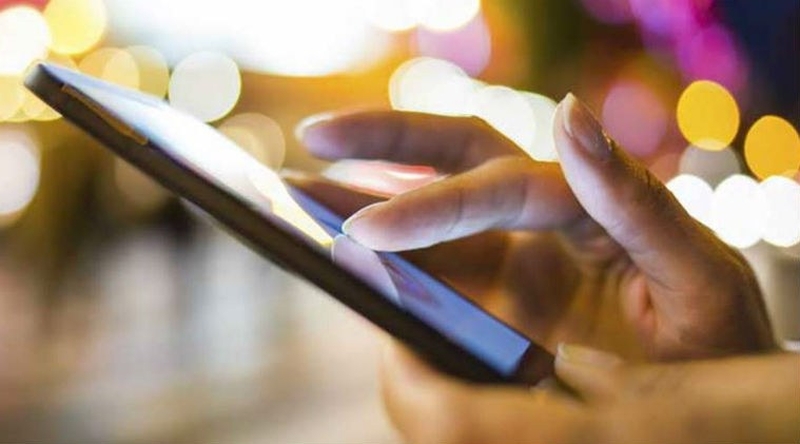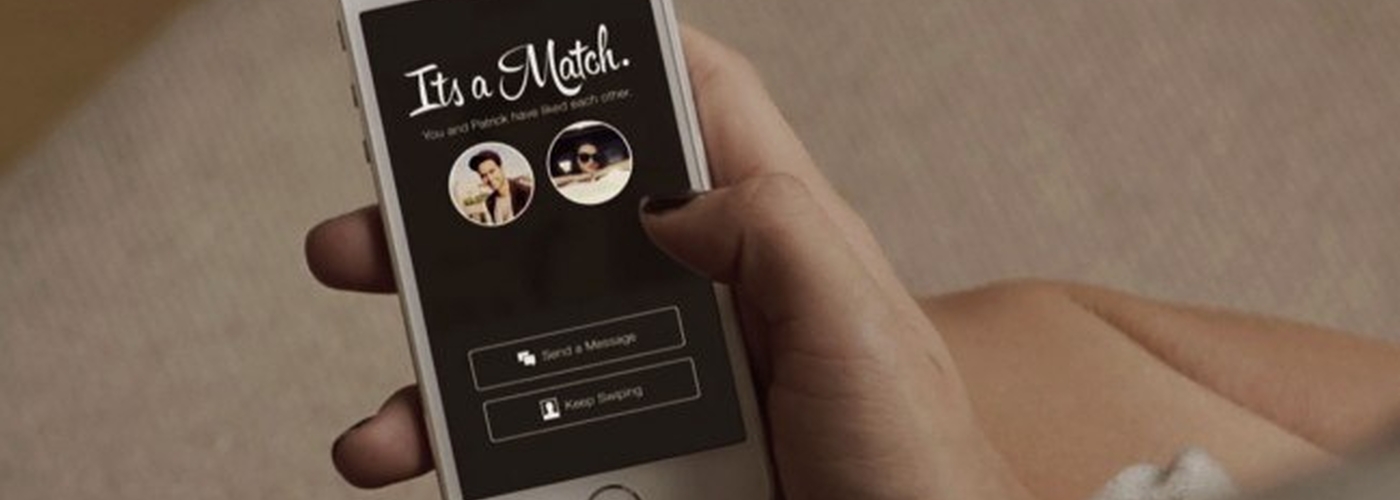Local MP John Leech calls for safety notices on apps Tinder and Grindr
POPULAR dating apps Tinder and Grindr have been accused of a ‘serious and shocking lapse in care’ after numerous incidents of sexual assault were linked to both applications in Greater Manchester.
More than 58 crimes, including rape and serious violence, have been reported in the last four years across the city – all of which occurred after meeting a stranger via a smartphone app.
Of the 28 incidents related to Grindr, four resulted in rape with a further ten other sexual offences, while thirteen out of the 30 reported Tinder incidents resulted in rape, with other violent offences making up a further fifteen.
The concerning figures follow recent crime reports showing violence involving dating apps have ‘risen sevenfold in just two years’ across the country.
In response, Manchester campaigners are now calling for the apps to display safety notices and dramatically increase the safety of users.
Liberal Democrat MP John Leech is spearheading the safety campaign after discovering that neither dating app provided any notice of safety before allowing users to speak with complete strangers.
It is completely unacceptable that neither of the two leading dating apps display safety alerts
Leech stressed his concerns saying: “It is completely unacceptable that neither of the two leading dating apps display safety alerts or notices at any point from download to real life use, not even anything as simple as meeting somewhere public and letting a friend know where you're going.
"Something as serious as rape has an enormous and life-shattering impact on so many lives, from the victim to their friends, family and co-workers. One is too many, but seventeen in Greater Manchester is just unacceptable and these dating apps need to start taking preventative steps immediately.
"Tinder and Grindr should not be let off the hook over such a serious and shocking lapse in care to their users.

In comments to the BBC, Tinder confirmed it used Facebook login to authenticate its users. Yet the spike in sexual crime suggests apps like Tinder struggle to authenticate its user’s intentions. More noticeable safety notices may encourage users to be much more diligent.
Leech, who expressed his concerns with both companies, added: “I am extremely concerned to see that Manchester has one of the highest numbers of incidents, and in what I would desperately like to be seen as a safe and welcoming city, these numbers are distressingly high and must be tackled immediately.
“I fear that these worrying incidents are just the beginning of a much wider issue surrounding a serious lack of sexual and relationship education that must also be confronted.
"In an evolving and increasingly digital age where many people have found their perfect match through these dating apps, the real dangers of online dating must also be highlighted to ensure that these horrific and life-shattering crimes are avoided."
One in five Britons now claims to have begun a relationship after using a dating website (the two dating apps concerned command more than 60 million users). With more adults using apps to meet strangers, the rise in this type of sexual violence is a scary inevitability.
During the early 2000s, internet stranger danger campaigns encouraged the utmost public vigilance. The first rule of thumb of internet safety was to never meet a stranger you'd met online. Times have changed drastically, and with the growing global popularity of such apps, meeting somebody you've only interacted with digitally has almost become mainstream. And while it may now feel a far less ominous proposition, these figures certainly suggest we should re-think how we interact with strangers we meet via apps.
How to stay safe when online dating:
- Do your homework and Google search your date – don’t be hesitant to vet the person you’re talking to. Also, check social media accounts for odd behaviour.
- Meet at a public place in a familiar location
- Don’t divulge too much personal information – this includes your address
- Tell your friends and family about the relationship and inform them when you go on dates.
- Use a ‘safe word’ at bars if feeling uncomfortable or unsafe. See the 'Ask For Angela' campaign
- If it sounds too good to be true, it probably is – dating apps and websites are littered with fake profiles. It’s likely the model/astronaut/billionaire are not who they say they are.
- Arrange your own transport home
- Report offensive and aggressive conversations to the app/website



